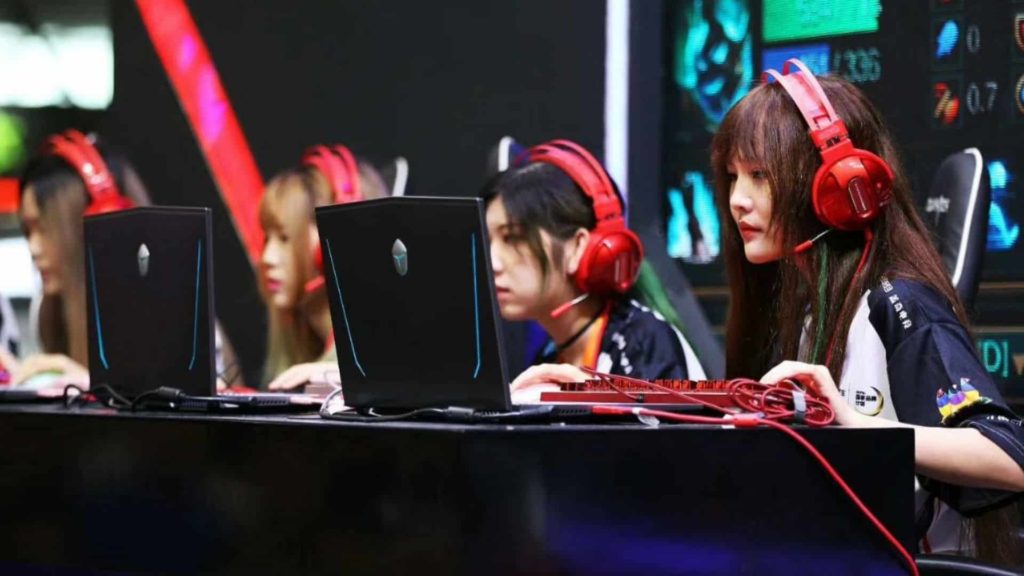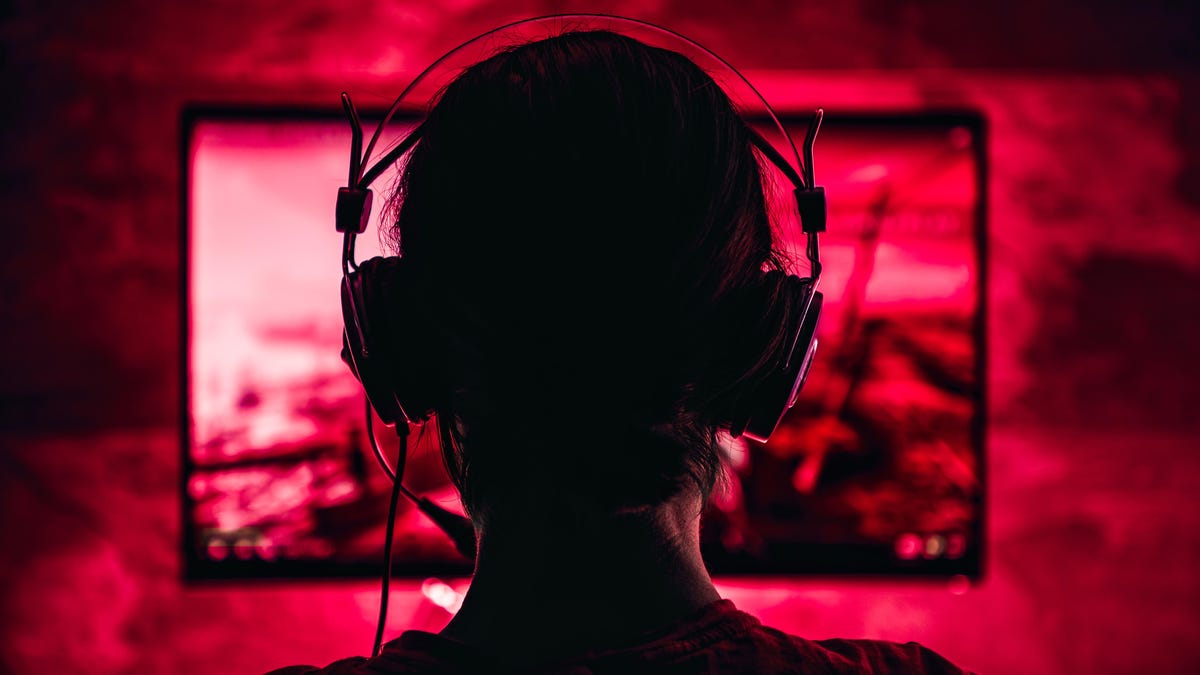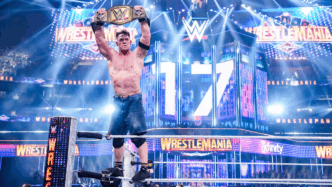In recent years, the world of video gaming has taken fanbases and enthusiasts by storm. With esports, the competitive side of video games, becoming a lucrative and popular genre of sports, games like DOTA 2, Counter-Strike: Global Offensive, Fortnite, League of Legends, Overwatch and many more have opened its door to competitive gaming and international platforms. These games are filled with complex strategies, teamwork, and years of perfecting maneuvers.
Despite the immense hype surrounding these sports and the increasing number of gameplays that we see today on YouTube and Twitch, the field often appears to be dominated by men. Starting from beginners to the top ranks of competitive esports, men appear to dominate throughout. This gender disparity is particularly interesting because although in sports, men are traditionally seen to have a physical advantage over women, electronic gaming or e-sports has eliminated the contribution of physical strength opening the field up for all genders equally.
Despite the opportunities, Esports, a rapidly expanding industry, is still split by gender. Computers, game consoles, and even virtual reality technology have been designed to appeal to both men and women, and there is no gender-based division in these devices. Regardless, males continue to make up the majority of players.
Gaming platforms have evolved over the years and so has the culture. What started as after-school recreational activities for kids with their friends or family, has shifted into a competitive arena for all ages. There are billions of gamers all around the world and Esports has become a billion-dollar industry and the community is increasingly diverse in racial, sexual, and gender identities. All players across this spectrum have incredibly powerful experiences in forming friendships, discovering new interests, and finding a space where they feel like they belong. However, there are many instances of bullying and discrimination among players according to a report by the American e-sports organization based in Seattle, Washington called Evil Geniuses.
According to Evil Geniuses, although gaming is a haven for some and presents opportunities for many great things, darkness and toxicity still persist. Dangerous and harmful behavior like bullying, shaming, and discriminatory language still pervade the gaming industry while some gamers argue that it might be getting worse.
Another interesting fact highlighted by Evil Genuises is that nearly half of all women in gaming reported gender discrimination in 2020, which was three times more than men.
This alludes to the treatment women might receive while gaming. Additionally, more women feel more threatened and so many of them conceal their identities, alter their profiles and characters to appear neutral or masculine, and rarely use microphones. This occurrence and shielding of identities further add to the gender gap we see in gaming.

There are many potential reasons why women have barely any space in the gaming world. Some of these reasons include a lack of female representation in gaming, objectification of female characters in video games, and a lack of earning opportunities for women.
Years of reinforcement have shaped our understanding of gender roles and stereotypes in the video game business.
Despite the industry’s relative youth, the gender stereotypes it promotes are out of date, if not outright obsolete.
Women exist to please men, to look good, and to be sexually attractive, and they belong in the kitchen. These are only a few (of the more “acceptable”) stereotypes that women encounter on a daily basis, whether in media, games, or the job. A dominant idea of normality is offended by female gamers. They participate in the cultural reinforcement of stereotypes and are subjected to male dominance. Women are viewed as a minority in the gaming industry.
There are many issues that contribute to the systemic and institutional disadvantage or discrimination of female gamers. Girls are less likely to start out with the technical tools needed to play video games. Girls’ gaming is still stigmatized in society, but not boys. Women who play multiplayer video games are aware that there is a likely possibility that as soon as the guys they are playing with see that a girl or woman is in the lobby, they must brace themselves for hostile responses or toxic conduct. Women encounter considerably more sexist remarks than males do, sometimes even from teammates who intentionally sabotage games. All of this causes women to avoid voice chat, shielding their gender by adopting a pseudonym or male avatar, or even end their match. Women must decide which is more important: their safety or their enjoyment?

There are many potential reasons why women have barely any space in the gaming world. Some of these reasons include a lack of female representation in gaming, objectification of female characters in video games, and a lack of earning opportunities for women.
Years of reinforcement have shaped our understanding of gender roles and stereotypes in the video game business.
Despite the industry’s relative youth, the gender stereotypes it promotes are out of date, if not outright obsolete.
Women exist to please men, to look good, and to be sexually attractive, and they belong in the kitchen. These are only a few (of the more “acceptable”) stereotypes that women encounter on a daily basis, whether in media, games, or the job. A dominant idea of normality is offended by female gamers. They participate in the cultural reinforcement of stereotypes and are subjected to male dominance. Women are viewed as a minority in the gaming industry.
There are many issues that contribute to the systemic and institutional disadvantage or discrimination of female gamers. Girls are less likely to start out with the technical tools needed to play video games. Girls’ gaming is still stigmatized in society, but not boys. Women who play multiplayer video games are aware that there is a likely possibility that as soon as the guys they are playing with see that a girl or woman is in the lobby, they must brace themselves for hostile responses or toxic conduct. Women encounter considerably more sexist remarks than males do, sometimes even from teammates who intentionally sabotage games. All of this causes women to avoid voice chat, shielding their gender by adopting a pseudonym or male avatar, or even end their match. Women must decide which is more important: their safety or their enjoyment?






